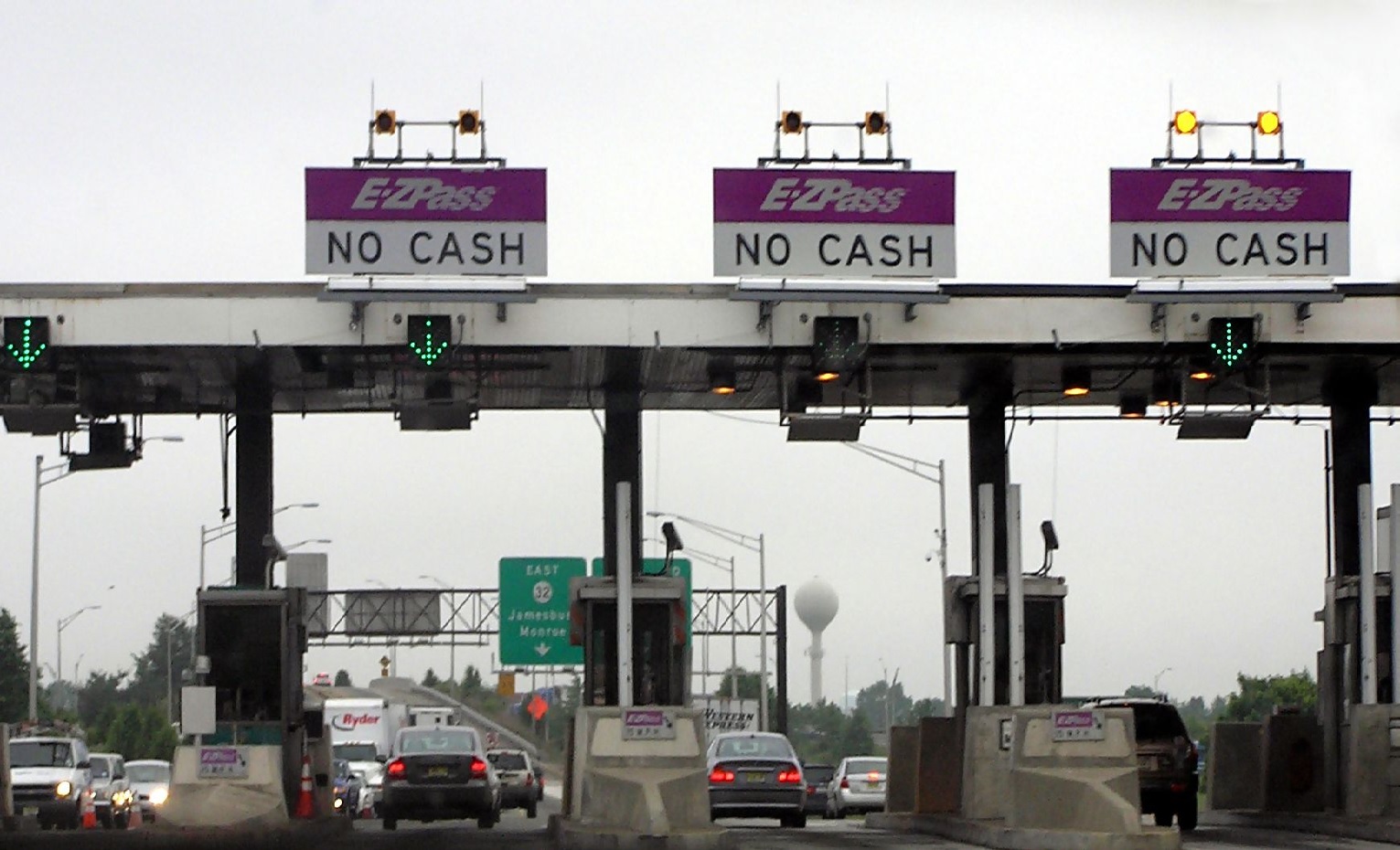By Sam Tyfield, Vedder Price
As you will recall:
- 11 member states of the EU have proposed a FTT using the ‘enhanced cooperation’ procedure;
- the FTT proposed includes spot FX;
- the EU Council has obtained a legal opinion stating that the imposition of a FTT by an 11 member state group is unlawful because:
A) it exceeded Member States’ jurisdiction to impose tax extraterritorially;
B) it infringed the competences of non-participating Member States;
C) and it was discriminatory and likely to lead to distortion of competition to the detriment of non-participating Member States;
- the EU Commission disputes that opinion’s findings and has produced its own recently which it says refutes those findings (although this opinion has not been published);
- the German government coalition agreement states that one of the aims of the new parliament should be a financial transaction tax;
- the UK has launched a legal challenge to the imposition the FTT using the ‘enhanced cooperation’ procedure;
- the House of Lords in the UK has determined previously that the methodology for and reasons for the rejection of a FTT by the UK required more investigation, particularly in relation to high frequency trading.
Last week, the House of Lords EU Committee released a further paper entitled Financial Transaction Tax: Alive and deadly. The paper states:
In our first report, we acknowledged that, notwithstanding our concerns about the Commission’s proposals, there was a legitimate debate about whether and how the financial sector should be taxed. We again acknowledge that there is a view that the financial services sector is under-taxed (because it is not subject to VAT), that it will be necessary to find new sources of funding to provide for a bank resolution fund in the euro area, and that, whilst an FTT will have distortionary consequences (for example high frequency trading could suffer significantly) and may lead to the displacement of business from participating to non-participating Member States or from the EU to overseas markets, the scale of these effects is not yet clear.
Having said this, we have some sympathy with Commission officials given the unenviable task they have faced. Under considerable political pressure, Finance Ministers of participating Member States have foisted on the Commission the impossible task of designing a workable tax for a minority of EU Member States in a very short period of time. The sorry tale of the FTT negotiations thus far demonstrates the vital importance of participating and non-participating Member States alike, as well as the Commission, working together to ensure that the enhanced cooperation procedure is used in an appropriate and measured way.
We find the Council Legal Service opinion highly persuasive. It demonstrates in concrete terms how the proposal would breach EU law. In our view, the evidence we have received from the Commission fails to refute the central objections to the proposal. In significant areas the Commission relies on assertions which are not backed by the detailed reasoning which the Council Legal Service opinion calls for. We consider that the Commission has adopted an unwarrantedly narrow approach. The proposal would clearly have a significant adverse impact on financial institutions established in nonparticipating Member States by making them liable for the FTT under either the deemed establishment or issuance principles. It cannot credibly be claimed that collection of the FTT is separate from its imposition, and therefore a matter primarily left for the Member States, when collection via joint and several liability is a key feature of the proposal, and the binding EU regime for mutual assistance and recovery is its essential context.
Strong words. The paper focuses on three issues:
1. that the principles for ‘enhanced cooperation’ by the 11 member states are not satisfied (for example, because EU member states not a party to the cooperation procedure would be obliged to assist in the recovery of a tax from parties/transactions within their jurisdiction);
2. that the UK government had underestimated the political and social will to impose a FTT and did not taken the correct steps in a sufficiently timely manner to prevent the ‘enhanced cooperation’ procedure being used; and
3. the Commission has overestimated the likely revenue from a FTT and the risk of driving financial services transactions out of the EU completely.
What the paper does not say is that the Committee believed that a FTT (generally or more specifically on high frequency trading (or other styles of trading strategy)) is, in and of itself, a bad thing. The Committee has stated previously that it found the lack of focus on and provision of evidence of the distortionary effects of such a tax frustrating. It will be interesting to see where we go from here. If someone is able to demonstrate either that (a) there are no or few distortionary market effects of the FTT or (b) quantify those effects and prove (to whom?) that the benefits outweigh downsides, then we may need to accept that a FTT would be acceptable to the Committee.
In the meantime, if the ‘enhanced cooperation’ process continues, market participants will need to determine whether or not they feel strongly enough about the potential downsides to be compliant notwithstanding that they are outside geographical scope. It’s not entirely their choice, of course, because if an intermediary or a counterparty, venue or clearing house involved in the transaction is within (or has a sufficient nexus to) a jurisdiction within scope, then they may be forced by that third party to be compliant in any case.

